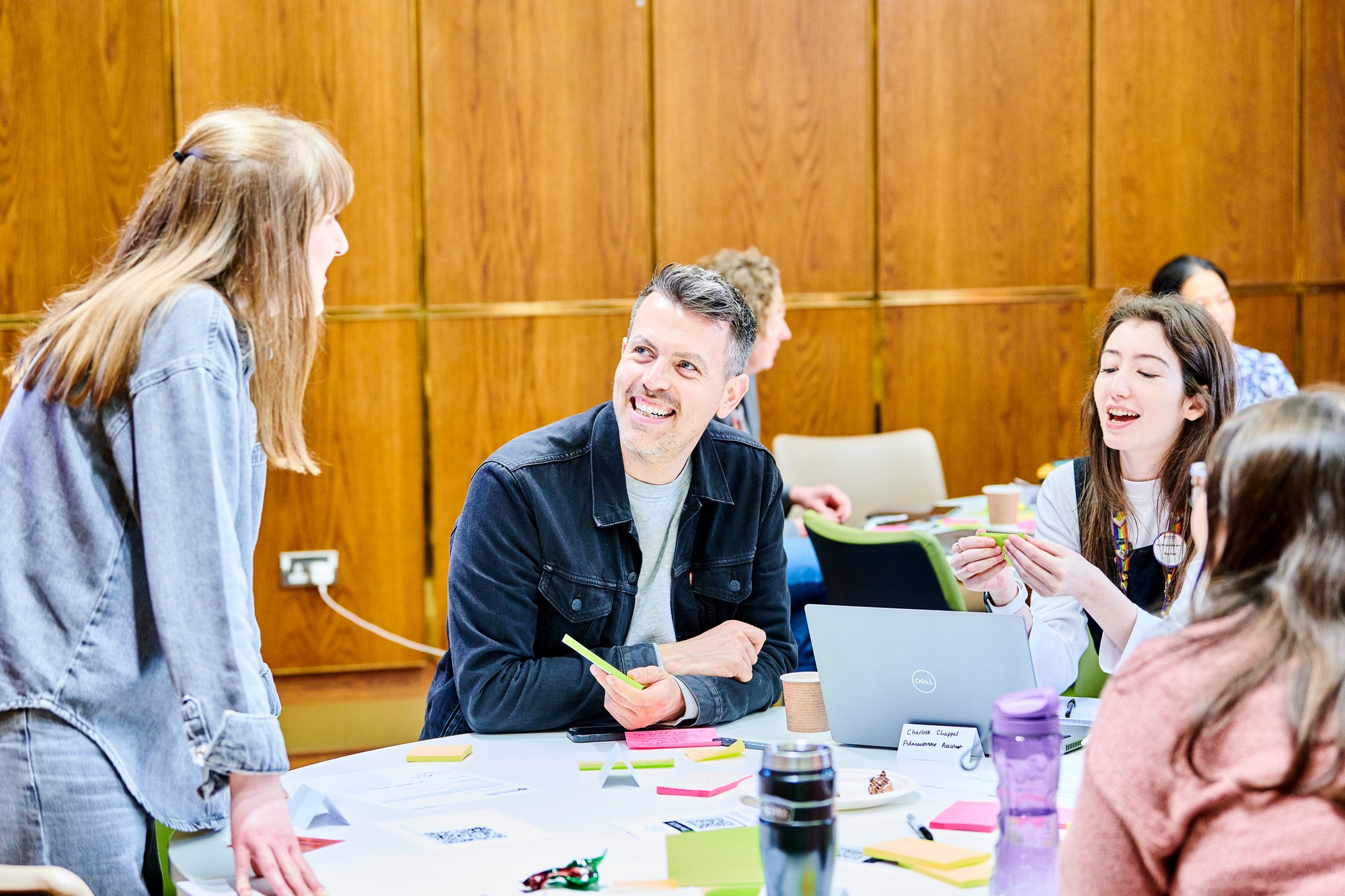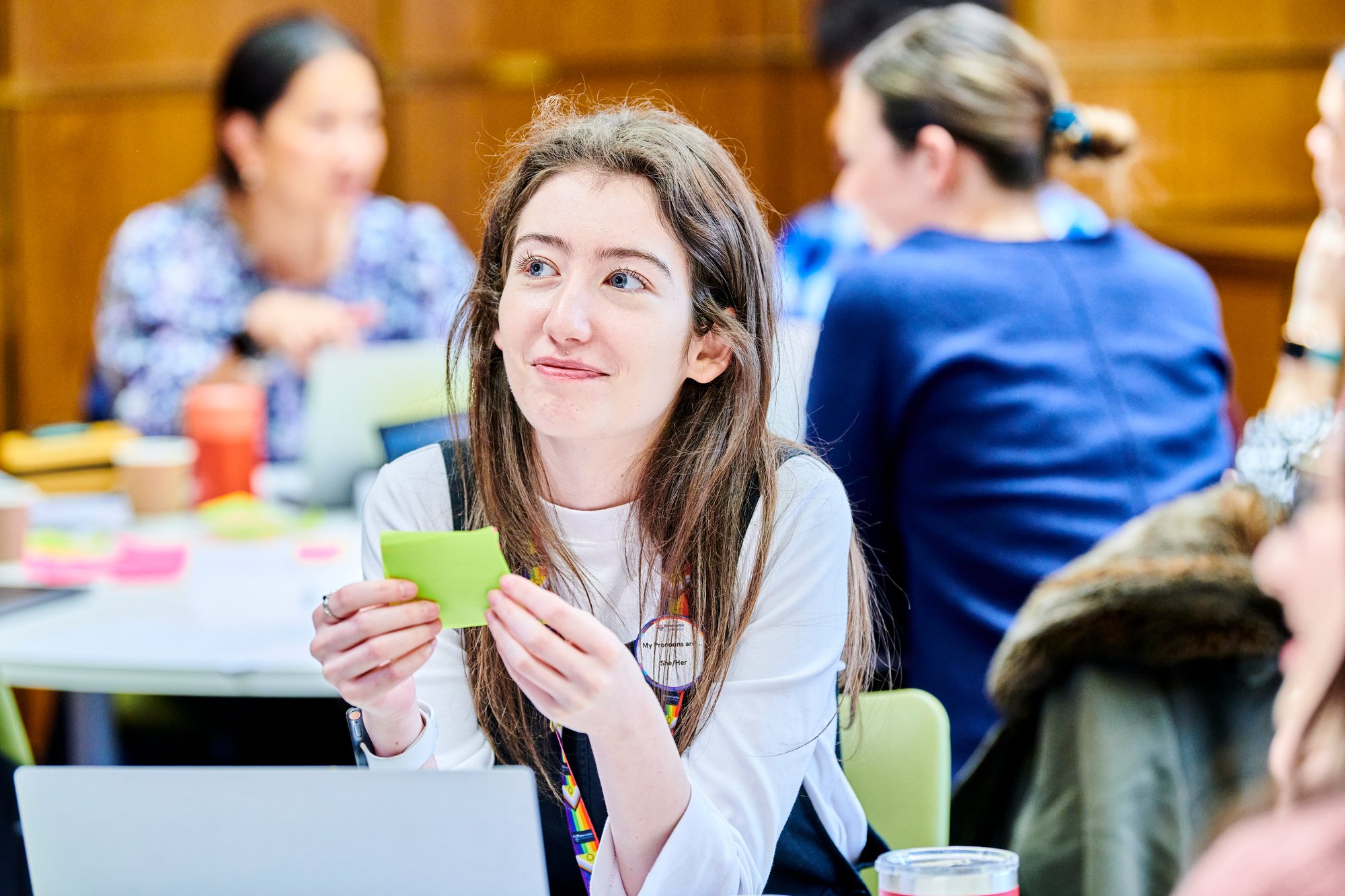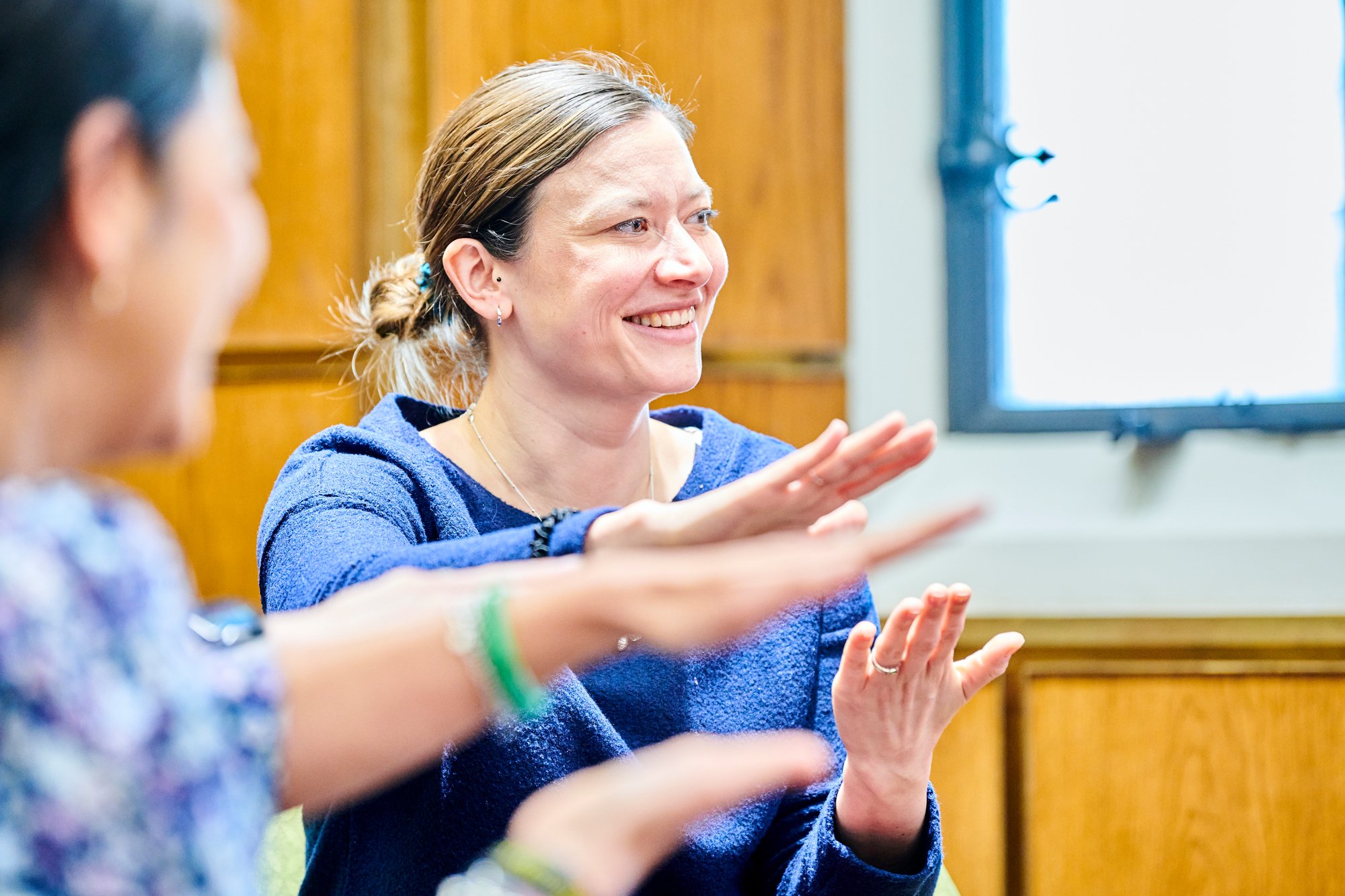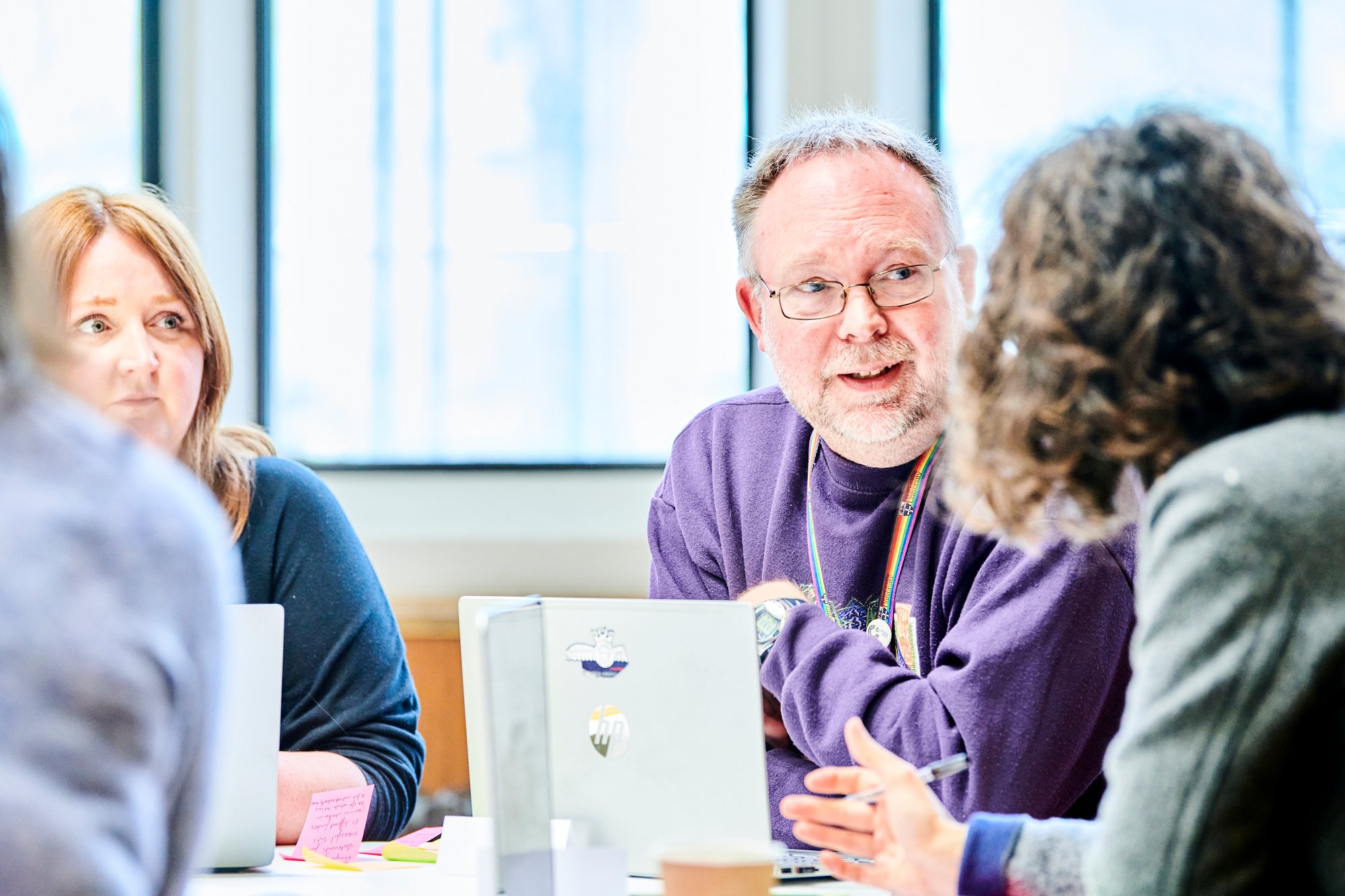Equality, Diversity, and Inclusion Toolkit for Researchers launches
15 June 2023 | By: Newcastle University | 3 min read
Equality, Diversity, and Inclusion has become an essential element of how we live and work in the modern age, and research is no exception. A team of colleagues at Newcastle University have recently developed an Equality, Diversity, and Inclusion (EDI) Toolkit, aimed at helping all kinds of teams to cultivate a more inclusive environment.
Contents:
-
Meet the Project Team
-
Project Funding
-
EDI and Research Culture
-
Using an EDI Toolkit from a PGR Perspective
-
Bringing the Toolkit to Life
Meet the Project Team:
Newcastle University Professors Candy Rowe (Dean of Research Culture and Strategy) and Chris Petkov (Professor of Comparative Neuropsychology), researcher Farhana Chowdhury (PhD Student), and Kimberly O’Brien (EDI Project Coordinator) have teamed up to create an online resource to support researchers and research teams to embed EDI in their daily practice.
Read on to find out how the project came about, why EDI is important for researchers and research, what the toolkit contains, and how everyone working in the research environment – from students to established academics – can use the toolkit to support their research.

Project Funding – Chris Petkov
Professor Candy Rowe and I obtained an award from Wellcome, a prominent biomedical charity in the United Kingdom, to build a team to create a Toolkit for Researcher Leaders to empower them to engage with Equality, Diversity and Inclusion (EDI) initiatives, and help them role model inclusive behaviour and bring out the best of everyone in their teams.
Whilst the project has focussed on leaders in research, we hope we’ve created something that is useful more broadly useful for a wide range of colleagues and students who want to learn more about EDI in a university context and create more inclusive teams and cultures. We hope it might also inspire others and as the basis for other toolkits aimed at different groups.

EDI and Research Culture – Candy Rowe
EDI is so important in research, both for the people working in it and the research that we produce. We know from surveys and reports that inequalities exist, for example, in career progression, funding success, how research publications are reviewed and cited, and in lived experiences of staff and students. And if research doesn’t take into account EDI principles, it can have less reach and societal impact.
Across the UK, there’s now a huge drive to improve what we call, ‘research culture’, and make research environments more inclusive and support researchers from diverse backgrounds to be at their most creative and successful. Our EDI toolkit is just one thing that we're doing that we think can help – making it easy for researchers, at all career stages, to be curious and find out more about what they can do to help enable change.

Using an EDI Toolkit from a PGR Perspective – Farhana Chowdhury
As a researcher, I was very excited to be involved with the EDI toolkit. I recognised the need for this tool to work and plan research inclusively. For example, when designing surveys, I can use the toolkit to help write demographic questions using inclusive language.
Especially as I am a woman from an ethnic minority background, I was excited to be involved in a project which would help colleagues to use the toolkit and develop the knowledge and skills to be allies. There are many challenges that people from minorities face, and without the recognition of these barriers, we can't begin to break down barriers and support people to achieve their full potential. As it is our own responsibility to keep up to date with EDI, the toolkit allows me to take ownership of my EDI education.
I’d like the toolkit to be used by the PGR community, as it is such a dynamic and valuable resource. The research community is so diverse, and the toolkit can provide tips to work in mindful and inclusive ways and role model positive behaviours. We can all lead change and set the tone of the workplace culture and inspire our colleagues.
Bringing the Toolkit to Life – Kimberly O’Brien
I joined the EDI Toolkit project in August 2022 on a 12-month secondment to build the toolkit online and bring the project to life!
When I joined the project, I spent time liaising with stakeholders across the University to allow colleagues to share thoughts and collaborate on how we present the toolkit. Colleagues were enthusiastic about the resource and suggested making it clear how researchers could use the toolkit to support them. I developed a page that details ‘how the toolkit can support you and your research’ which lists the different ways that you can embed EDI into your daily practice as a researcher. Researchers can use the toolkit to support them when writing EDI statements in funding binds, hosting events, carrying out recruitment activities, supporting and mentoring colleagues and when conducting research itself.
The toolkit focuses on the nine protected characteristics listed under the Equality Act (2010) in the UK, as well as intersectionality and social inclusion. It also contains guides for accessibility, allyship, using inclusive language and modelling inclusive behaviours. We have developed a glossary of terms used throughout the toolkit to ensure everyone can engage with the language.

"Equality, diversity and inclusion is vital to research funders. They want to see that researchers have thought about EDI throughout their research plans, as demonstrated in their funding applications. The toolkit contains so many great resources that researchers can use to plan the proposed research and engagement activities in their projects to ensure EDI is considered throughout, ahead of applying for funding." Sarah Warner, Research Funding Development Manager
You might also like:
- Check out the EDI Toolkit for Researchers located on the University’s Research Culture page.
- Discover more about our open research principles in our blog post, Opening up the issues around food insecurity.
- Find out more about Professor Candy Rowe - Dean of Research Culture and Strategy and Professor of Animal Behaviour and Cognition.
- Find out more about Professor Chris Petkov - Professor of Comparative Neuropsychology.
- Find out more about Farhana Chowdhury - PhD researcher.
- Find out more about Kimberly O'Brien - EDI Project Coordinator.

